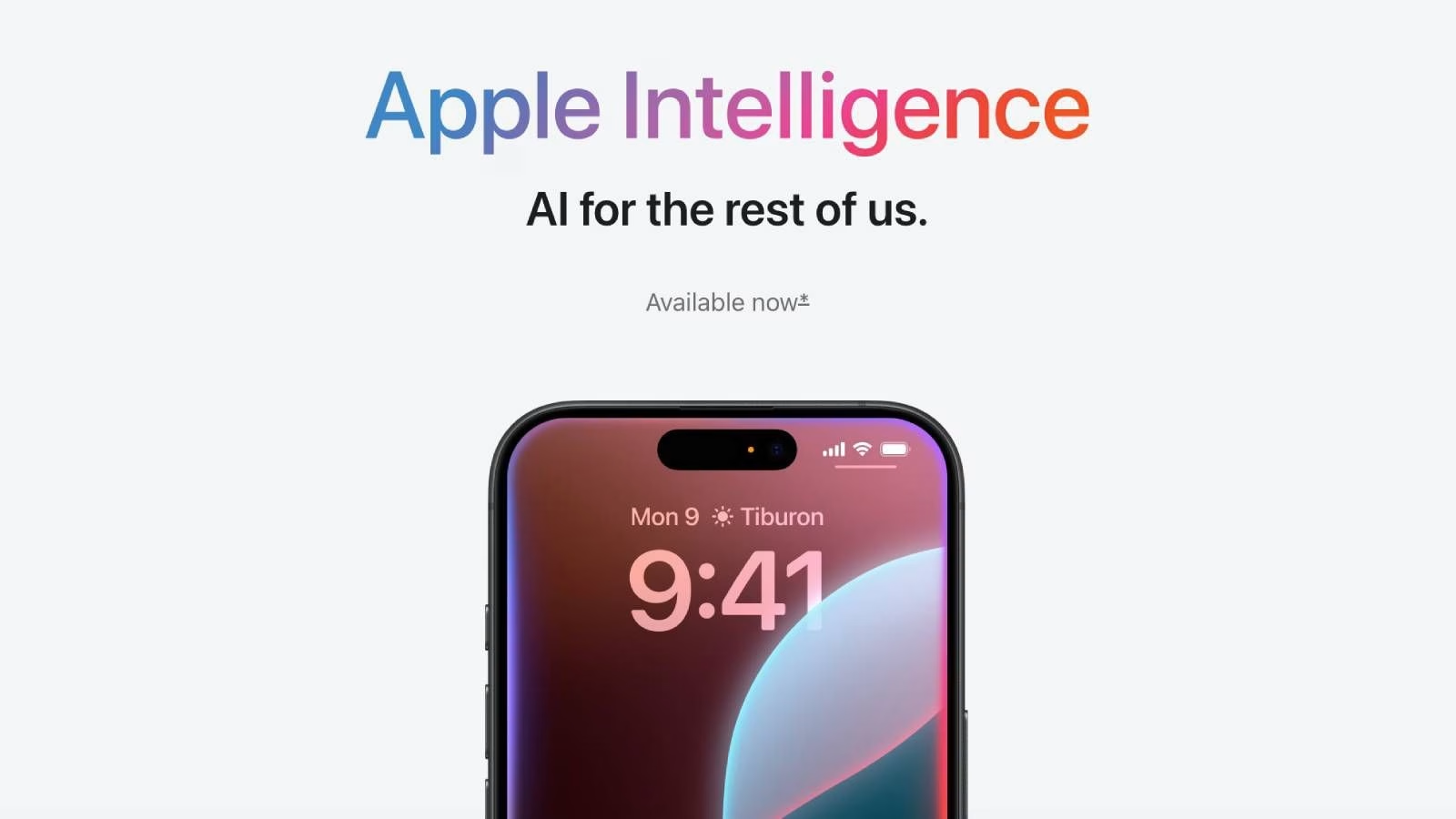Apple's AI Pivot: Why Siri Might Soon Speak a New Language
For years, Apple's Siri has been a familiar voice in our pockets and homes. A pioneer in the digital assistant space, it set the stage for how we interact with our devices. Yet, in recent times, many of us have felt Siri's capabilities haven't quite kept pace with the dizzying advancements in artificial intelligence. It's like having a trusty old car when everyone else is driving a high-performance electric vehicle. And it seems Apple agrees.
Recent reports, widely circulated across tech news outlets, suggest a monumental shift in Apple's AI strategy: they're reportedly in early talks with leading AI powerhouses Anthropic and OpenAI. The goal? To potentially replace Siri's long-standing in-house models and give it the much-needed intelligence boost it deserves. This isn't just a minor update; it's a potential game-changer.
The Siri Conundrum: A Need for Reinvention
Let's be honest, Siri has, for a while now, felt a bit…stuck. While it excels at basic commands – setting timers, making calls, checking the weather – its ability to handle complex, nuanced conversations or understand context has lagged behind. Think about trying to have a multi-turn conversation with Siri, or asking it to summarize a long article. It often falls flat.
Apple has historically prided itself on building its technology from the ground up, maintaining tight control over its ecosystem. This "not invented here" syndrome, while ensuring seamless integration and strong privacy, has perhaps inadvertently stifled Siri's growth in the rapidly evolving AI landscape. Competitors, particularly those leveraging large language models (LLMs), have sprinted ahead, offering conversational experiences that feel almost human. It's a tough pill to swallow for a company known for innovation.
The pressure has been mounting, and it seems Apple has finally reached a critical juncture. Relying solely on internal development for cutting-edge AI, especially LLMs, is an incredibly resource-intensive and time-consuming endeavor. Sometimes, even the biggest players need a little help from their friends.
Eyeing the AI Giants: OpenAI and Anthropic
So, who are these potential saviors for Siri? OpenAI, of course, needs little introduction. Their ChatGPT has become a household name, demonstrating the incredible power of generative AI in understanding and producing human-like text. It's a testament to their rapid advancements and ability to capture public imagination.
Then there's Anthropic, a formidable player in its own right, founded by former OpenAI researchers. Their Claude model is known for its strong performance, particularly in areas like safety and ethical AI development, which aligns well with Apple's privacy-centric philosophy. Both companies represent the absolute vanguard of AI research and deployment.
The Deep Implications of an External Partnership
This potential partnership brings with it a fascinating array of implications, both technical and strategic.
Technical Leap and User Experience
Imagine a Siri that truly understands you. A Siri that can engage in fluid, natural conversations, grasp complex instructions, and even offer creative suggestions. That's the promise of integrating advanced LLMs. It could transform how we interact with our iPhones, iPads, and Macs, making them feel more intelligent and intuitive than ever before. This isn't just about voice commands; it's about a fundamental shift in digital interaction.
Navigating Data Privacy and Security
Impact on Apple's Internal AI Teams
What about Apple's own AI engineers and researchers? Will this move sideline them? I don't think so. Rather, it could free them up to focus on other critical areas:
- On-device AI: Optimizing models for local processing, enhancing privacy.
- Hardware-software integration: Ensuring the external AI works seamlessly with Apple's custom silicon.
- Ethical AI development: Focusing on fairness, transparency, and safety specific to Apple's ecosystem.
- New AI features: Developing unique Apple-specific AI experiences that go beyond general-purpose LLMs.
It's a re-prioritization, not a dismissal.
Market Reaction and the Future of Digital Assistants
The market's reaction to this news was swift and positive, with Apple's shares reportedly seeing a bump. Investors clearly see the value in Apple catching up in the AI race. And why wouldn't they? A smarter Siri could reinvigorate the entire Apple ecosystem, making their devices even more indispensable.
This move also underscores the intense competition in the AI space. Every major tech company is vying for dominance, and the ability to integrate cutting-edge AI is becoming a non-negotiable. Apple's potential pivot could set a new benchmark for how established tech giants approach AI development – not necessarily by building everything in-house, but by strategically partnering to accelerate innovation. It's a pragmatic approach in a fast-moving world.
Ultimately, a truly intelligent Siri could redefine our expectations for digital assistants. It's not just about getting answers; it's about having a capable, intuitive partner in our digital lives. And if Apple pulls this off, we might just see Siri finally live up to its full potential.
